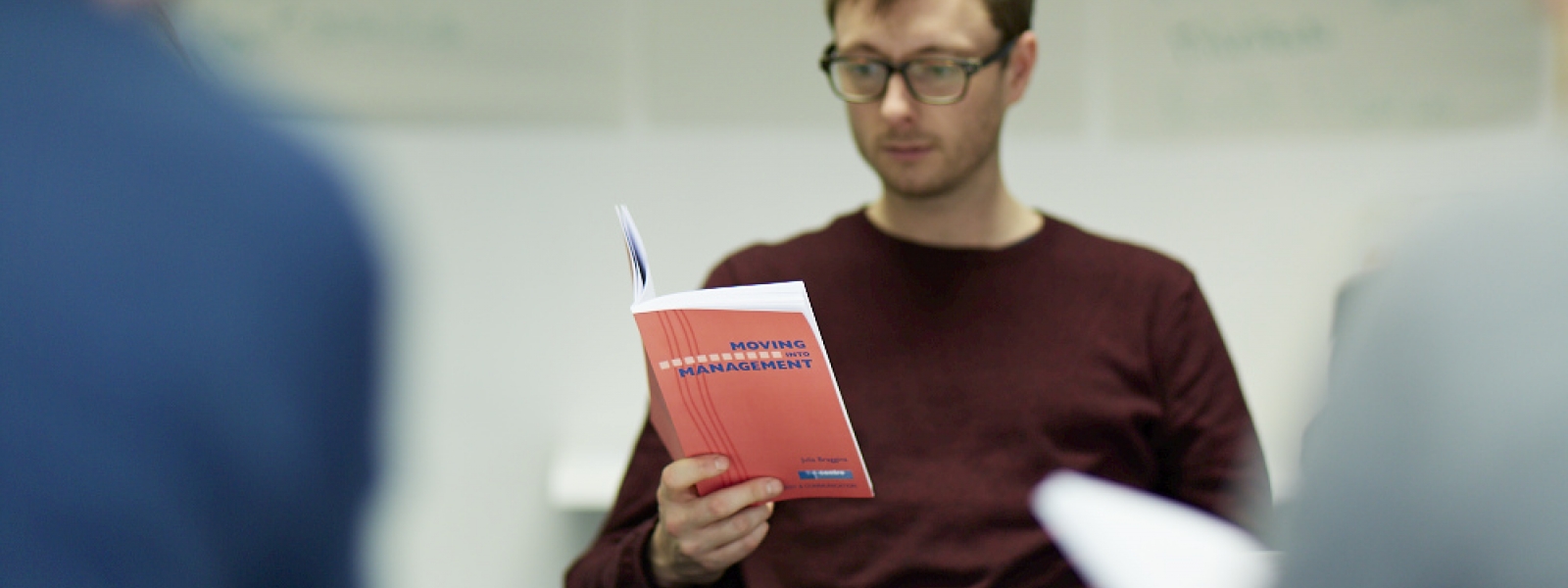Aug
07
2014
When did you last improve your reading skills? Ever? Probably never!
By David Aylwin.
When we learnt to read, around the age of five, no importance was later given to efficient reading. If you could read, that was enough. Since then, you will have picked up bad habits that prevent you from reading quickly and efficiently. Common bad reading habits are:
- re-reading words or whole passages
- saying everything to yourself at your speaking speed
- reading one word at a time just as you were taught to do as a child
These bad habits slow you up significantly resulting in serious mind-wandering whilst reading - your brain cannot hold its concentration for very long at such slow speeds. Try driving your car at 18 mph on a motorway and you will soon get very bored! Our brains work better when they are pushed.
Most people do not realise they have these problems; but the chances are they do, and to do nothing about them is to run the risk of continuing to be far less efficient in the one skill many spend more time on than any other - the skill of reading.
Problems with reading on-screen
Most of us now have to spend time reading from computer screens and tablets. Recent research in Norway indicates the following worrying trends:
- when reading on-screen, speeds can drop by up to 40%
- concentration suffers badly, with much mind-wandering
- lack of physical connection with the text
- high luminosity and glare - leading to tired eyes
- much harder to preview effectively
- therefore aim/purpose for reading harder to establish
- recall is harder, retention is less
- use of the mouse is a distraction
- distance from screen and posture often wrong
As a result of taking one of our seminars in Speed reading, you will double or even triple your reading speed with increased comprehension and understanding - and make it stay that way. You will keep improving after the course - particularly if you do the follow-up exercises.
We address all the on-screen reading problems listed above with our 'Tips and techniques for reading on-screen'.
Whether you are reading long, legal or technical documents, books, e-mails, academic papers, reports or articles - the techniques learnt on this course apply to all types of reading. Whether you're reading for business or enjoyment, on screen or paper, you will gain time, retain more information and increase your levels of comprehension.
Typical results
Starting reading speeds 230 words per minute at 60% retention
Finishing reading speeds 520 words per minute at 80% retention
A word of warning! If you were to take our course, we would work you very hard. This is because reading is part physical and part mental. Improving the physical bit is the hard work! You get your reading speeds and comprehension measured seven times to ensure you reach the speeds that are right for you, depending on what you are reading.
David Aylwin is one of the country's leading authorities on improving the reading skills of professional people. He has specialised in this field for over 25 years. His business, Reading Transformations Ltd, runs courses in Fast effective reading skills. Reading Transformations is the foremost training organisation in its field.
Clients include banks, law firms, local government and manufacturing, and David has run courses in the UK, USA, Canada and Switzerland.
His training ethos is that training must be relevant, easy to apply and take immediate effect, and, where possible, contain an injection of humour.


